By
Emily DiNuzzo &
Charlotte Hilton Andersen,
Reader's Digest
Etiquette experts agree that Thanksgiving is most enjoyable if people are polite. Here's what polite hosts and guests don't do on Turkey Day.
Don't ignore these etiquette rules
 |
| © Anna_Pustynnikova / Shutterstock |
Thanksgiving is one of the best holidays of the year. Aside from the delicious food, it's the one day where you're supposed to be grateful for what you have and just enjoy being together—you don't even have to stress out about buying the perfect, most unique gifts for everyone on your list. Despite that, there are plenty of opportunities for aggravation and etiquette missteps.
And this year, there's more to worry about. Thanks to the global pandemic and the recent sharp rise in COVID-19 cases across the United States, Thanksgiving will definitely look different. Not only will you need to adjust your guest list, menu, and activities, but you'll also need to update your etiquette. "We may all be sick and tired of this virus, but it isn't tired of making us sick," says epidemiologist Robert Amler, MD, a former CDC chief medical officer and the current dean of New York Medical College's School of Health Sciences and Practice. "The nightmare is not over, and what we do now, over Thanksgiving, will have a huge impact on what happens the rest of the year." With that in mind, here are the things you shouldn't do this Thanksgiving—or any other.
Host or attend big gatherings (this year)
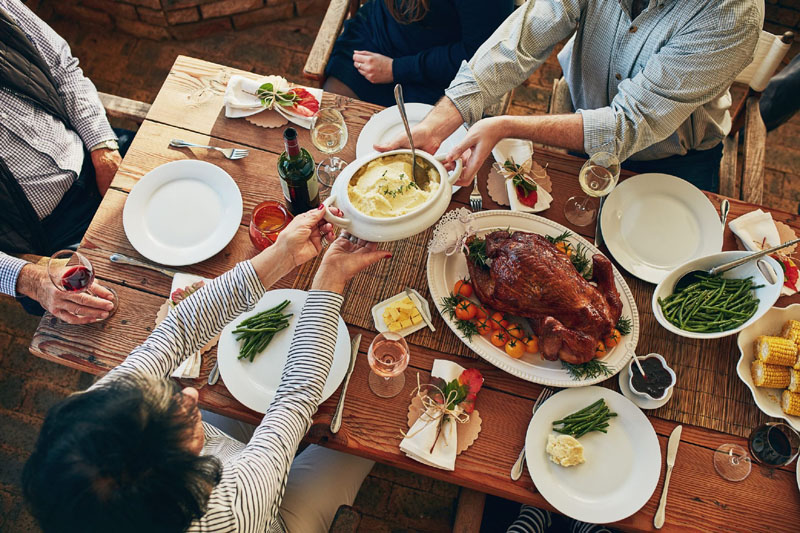 |
| © PeopleImages / Getty Images |
During any other holiday season, hosting or attending Thanksgiving dinner is a lovely gesture—and the more, the merrier!—but not this year. There's nothing more impolite than potentially exposing your loved ones to a deadly virus. More than 1 million COVID-19 cases were reported in the United States over just the last seven days, according to the Centers for Disease Control. The CDC released a statement about Thanksgiving 2020, saying that the safest way to celebrate the holiday is to do so at home with the people you live with and avoid gatherings with family and friends who do not live with you. Polite people don't risk their loved ones' health, Dr. Amler says. This may feel like a grim way to "celebrate," but you can still make it an amazing holiday.
Pressure others to break social-distancing guidelines
 |
| © Jose Luis Pelaez Inc / Getty Images |
"It's just dinner!" "Just come for two hours!" "Grandma will be heartbroken if you don't come!" Regardless of how good your intent is, pressuring your loved ones to disregard the CDC guidelines is impolite at best and may create a huge family rift or—worst-case scenario—cause someone to get really sick. "Canceling the big family dinner may make Grandma sad now, but it's better than having to visit her in the ICU at Christmas," Dr. Amler says. The polite thing to do is support your loved ones in their health decisions.
Ignore how hard this choice is
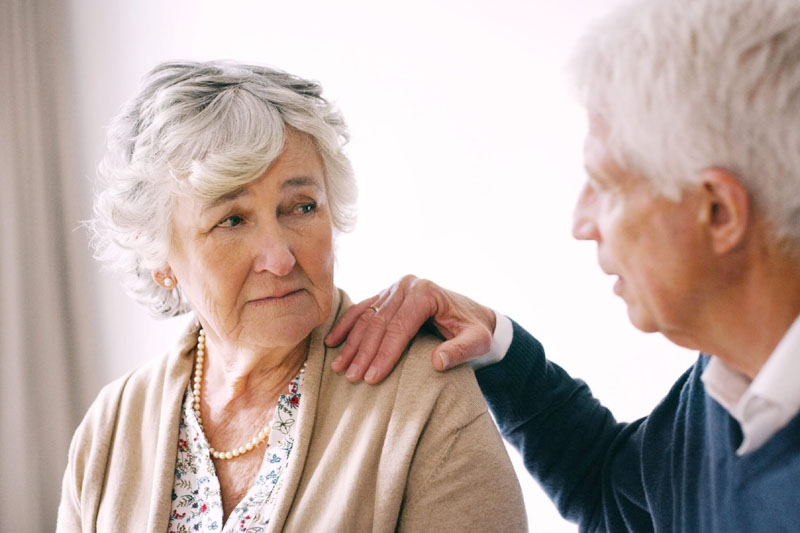 |
| © shapecharge / Getty Images |
On the flip side, some people are so determined to follow social-distancing guidelines to the letter that they lose sight of how difficult and upsetting this is for their loved ones. "People have really, really suffered from this—and not just from the disease itself," Dr. Amler says. "People have suffered from financial problems, loss of opportunities, and isolation." Instead of chastising loved ones for wanting to get together this Thanksgiving, the polite thing to do is to listen with kindness and empathy. "Lead with 'I love you,' then explain why you're choosing to stay home," he says.
Forget the "four Ws"
 |
| © Photographer is my life. / Getty Images |
If you do choose to host or attend a small gathering this year, Dr. Almer says to make it as safe as possible by following the four Ws: Wear a mask, wash your hands frequently, watch the distance between yourself and others, and walk away from groups. A polite host will provide plenty of soap, adequate seating (preferably outdoors), and masks for people who may forget one. A polite guest will follow the Ws and not argue with the host about social-distancing measures.
Treat this like any other year
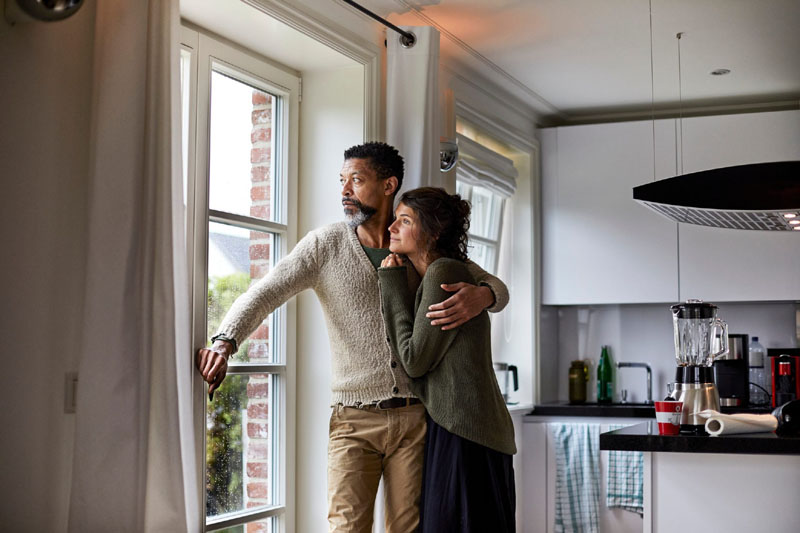 |
| © Oliver Rossi / Getty Images |
This isn't a "normal" Thanksgiving, and you should do everything you can to help mitigate the spread of the virus. This may mean using disposable dishes, limiting visitors or the length of visits, wearing masks, forgoing hugs, and toasting your gratitude over Zoom instead of in person. Whatever small sacrifices you need to make this year are worth it—and they're not for forever. "Keep your eyes on the goal. The finish line is in sight," Dr. Almer says. "We have good news about vaccines and treatments. We have every reason to believe that next year we will be able to celebrate Thanksgiving with our loved ones."
Arrive late
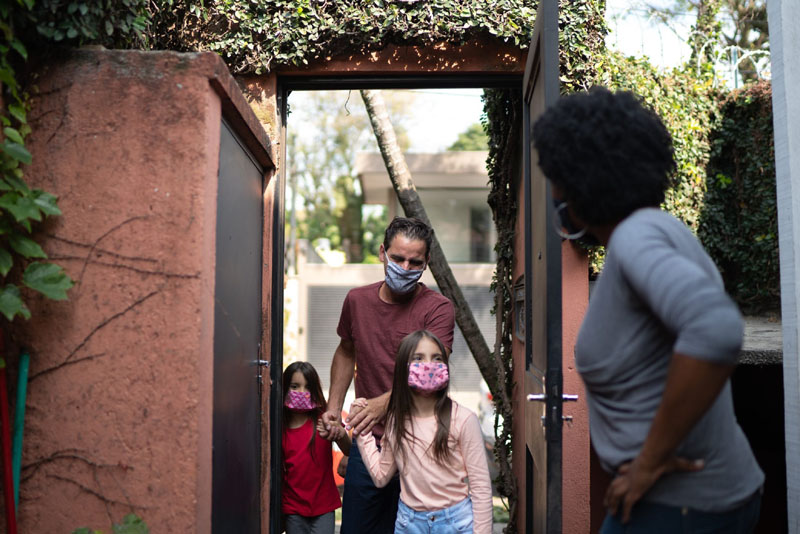 |
| © FG Trade / Getty Images |
Whether you're heading to someone else's home this year or any other, remember this: It sometimes takes months to plan the perfect Thanksgiving in advance if you include the party planning, cleaning, and cooking. So etiquette expert, author, and "Golden Rules Gal" Lisa Grotts says polite people should never arrive late. "As a general rule of thumb, punctuality shows respect for people and time," she explains. "In the off chance a guest is running late, it's expected that they inform the host of their late arrival." Similarly, polite guests don't overstay their welcome, either. Again, it's all about respecting people and their time. If the host starts putting away food and thanking guests for coming, it's a clear sign to leave.
Show up to dinner empty-handed
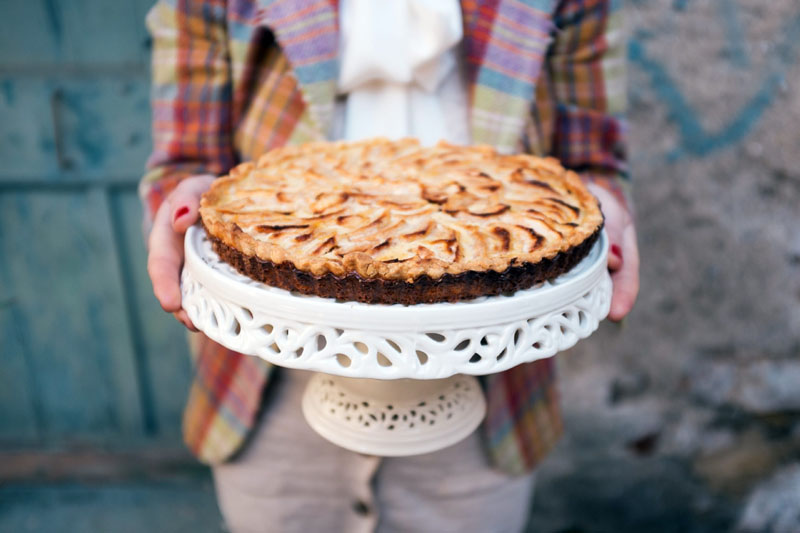 |
| © viki2win / Shutterstock |
Arriving to Thanksgiving dinner empty-handed is a big no-no. Emilie Dulles, who has more than 30 years of experience in traditional etiquette, says to check with the hosts ahead of time to find out if bringing a dish or a beverage is helpful. If you still think it's not a big deal to arrive without a gift, remember that your host went out of their way to prepare for the holiday, says Bonnie Tsai, founder and director of Beyond Etiquette. "It's important to bring a gift as a token of gratitude to express that you appreciate them opening up their home for you," Tsai says. "You can choose a gift that is related to their passions or hobbies; even a bottle of wine could work, but always do a bit of research beforehand."
Complain about the food
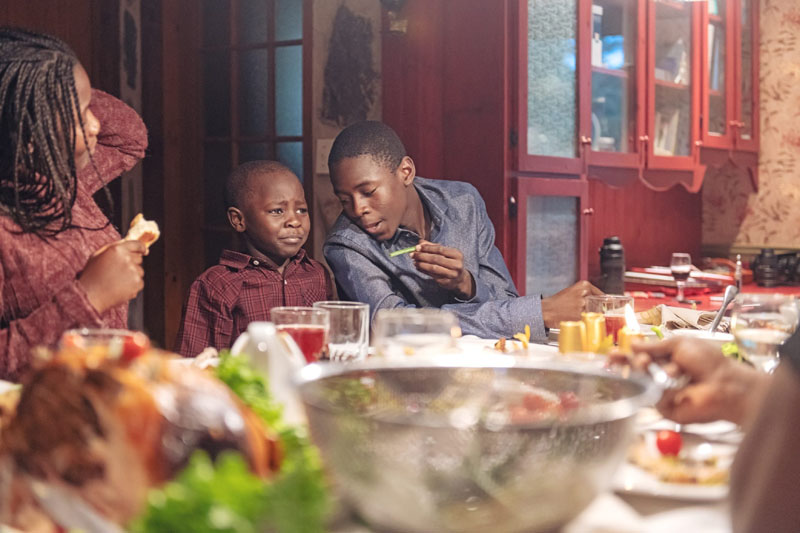 |
| © lisegagne / Getty Images |
Polite guests don't complain about Thanksgiving dishes not being identical to their childhood recipes, according to Dulles. "Polite guests embrace their hosts' take on Thanksgiving fare and have a little bit of everything as a courtesy to whoever did the cooking," she says.
Hang out with the TV instead of friends or family
 |
| © Velvet ocean / Shutterstock |
It's so tempting to plop yourself in front of the TV after indulging in some turkey, but it's also rude. Polite guests may enjoy watching some of the holiday TV shows, but they also offer to help with any last-minute tasks, Dulles says. Plus, Grotts adds that Thanksgiving is the perfect time to catch up with relatives and close friends. Each guest must earn their keep by making conversation. Instead of checking social media, put your phone down and focus on the food and people by your side, Tsai suggests.
Invite strangers or bring pets
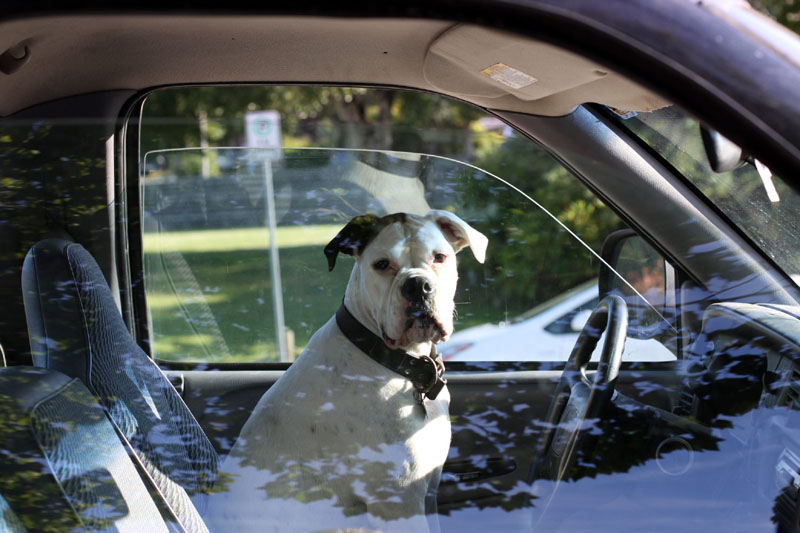 |
| © jennyfdowning / Getty Images |
It's always important to check with your host before inviting strangers—even when we're not in the middle of a pandemic. Never assume that it's OK, and always confirm that your host is comfortable before inviting others, Tsai says. An extra guest also throws off a seated dinner, Grotts adds, so there's more to it than you might realize.
You should also check with your host before bringing a pet. Another guest could have severe allergy issues, your pet might not get along well with your host's pet, or your host may simply prefer to keep their home pet-free. The reason doesn't really matter; the decision is theirs.
Take too much food
 |
| © Isabel Bogran / Shutterstock |
Putting too much food on your plate and having it go to waste is one of the most unknowingly rude things people do on Thanksgiving, according to Dulles. "Just because the buffet is extra long and replete with dozens of dishes, it doesn't mean that the Thanksgiving food should be treated as if it can be wasted willy-nilly," she says. Thanksgiving leftovers can be eaten for days or given away to people who are hungry. Although Thanksgiving and overeating go together like wine and cheese, some people can take this too far. "Polite guests never overindulge when it comes to food, alcohol, or conversation," Grotts says.
Avoid the cleanup
 |
| © Africa Studio / Shutterstock |
After the joy of digging into turkey, potatoes, and stuffing wears off, it's time for the dreaded cleanup. It isn't so bad if polite guests help hosts. "Whether it is setting the table or doing dishes after a meal, it's important to show your host that you're not just taking advantage of their hospitality or treating their home like a restaurant where they have to pick up and clean up after you," Tsai says. "Pitching in to help out shows that you're respectful of their home and want to contribute as a guest." Still, some hosts might refuse your help. Tsai says to listen, since you might be adding more trouble or stress in the kitchen rather than make it easier.
Show up unannounced
 |
| © norikko / Shutterstock |
Hosts spend lots of time planning for their Thanksgiving parties, and if someone shows up unannounced, it can throw a wrench into their planning. It's equally rude to cancel at the last minute, according to Tsai. "Unless there is a true emergency that you need to take care of or something happened that is completely out of your control, show up on time and participate in the festivities that were planned for you," Tsai says. That said, the rules are a little different this year. If you've been exposed to COVID, you're feeling under the weather, or there's been an infection spike in your area, it's OK to cancel. Just do your best to let your hosts know what's going on as early as possible.
Forget to thank your host after the holiday
 |
| © Natthaphorn Khamdamrongkiat / EyeEm / Getty Images |
Polite people don't forget to thank their host. Consider sending a handwritten thank-you note. Given the effort, time, and cost of putting together a Thanksgiving meal, polite guests remember to take a few minutes to pen a note of gratitude on nice stationery to their hosts, Dulles says.
Put your guests to work all day
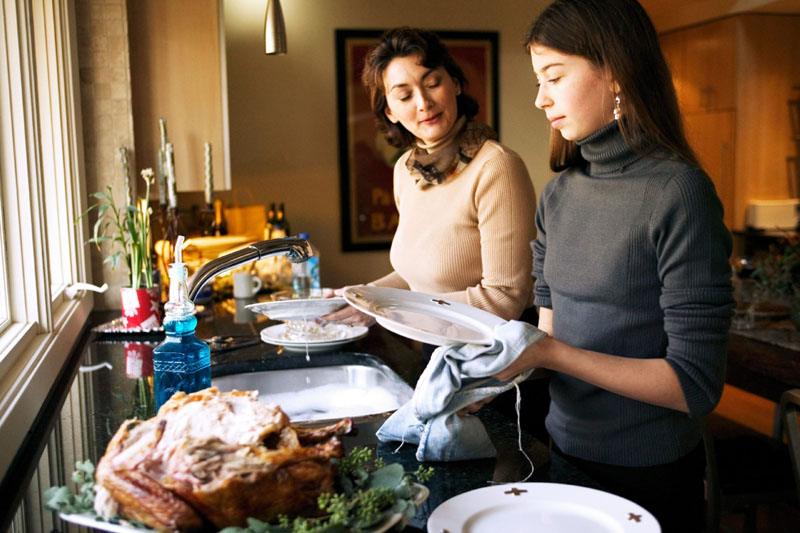 |
| © Jupiterimages / Getty Images |
Guests aren't the only people who need to brush up on their Thanksgiving manners. Hosts should note a few things, too. Polite hosts never put guests to work all day long, according to Dulles. Remember that guests aren't staff or personal assistants. For example, don't ask your guests to babysit or run out to buy things while you cook, unless they offer, Tsai says. "It's acceptable to ask your guests to pick something up for you on their way to your home, but don't expect them to run out to the store for you when they've arrived," she adds.
Bring up past grievances
 |
| © Monkey Business Images / Shutterstock |
Don't make Thanksgiving awkward by bringing up old family dirt. Polite hosts set the tone for the celebration, so do your best to steer the conversation clear of controversy or touchy subjects. This might mean suggesting a change of subject or transitioning to another activity, Grotts says.
Make your guests pick their seats
 |
| © Agnes Kantaruk / Shutterstock |
Polite hosts don't leave their guests with the awkward task of picking their seats, according to Dulles. There's one less thing to argue about if the host decides where everyone sits before people arrive.
Ignore your guests' dietary needs
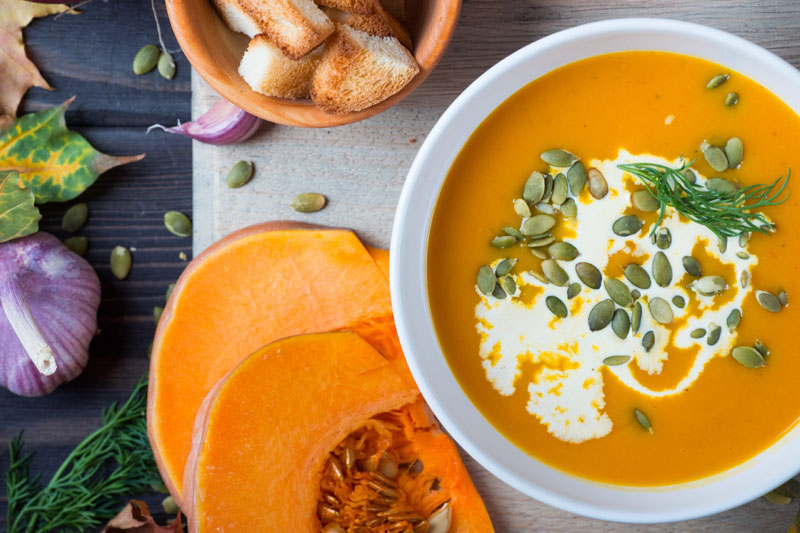 |
| © Dragon_Fly / Shutterstock |
Assuming all dishes work for all guests is a rookie mistake—and a rude one, at that. Ask your guests about food allergies and dietary restrictions before you plan your Thanksgiving menu. "No one expects the host to fully cater to their Keto or Atkins diet, but if you know a guest is vegetarian or is allergic to gluten, you wouldn't serve dishes that they can't enjoy," Tsai says. "Be sure to make note of which dishes include meat or gluten so your guests know which dishes they can steer clear of if they have dietary restrictions."
See more at
Reader's Digest
![[feature] Things Polite People Don’t Do on Thanksgiving](https://blogger.googleusercontent.com/img/b/R29vZ2xl/AVvXsEg0XKFPlUskLRGrmVpe0Sa0_jT18TSgKfrLw13UATCUIREqsYPVpiEW3np4EO0ZAj7XCHJMM1jLT91WY1V1X6ACkQDnFvMoC0AweSiLXaM_V2MVbrLaU2c2VyLFrCc4AL0eI6zOP1I2c7_h/s16000/autos.dearjulius.com.jpg)








































